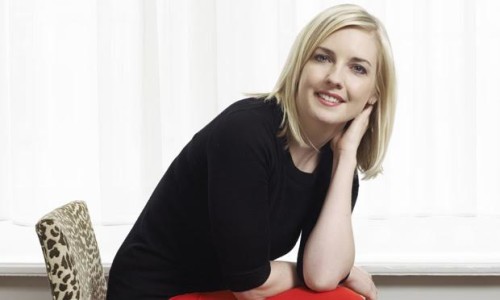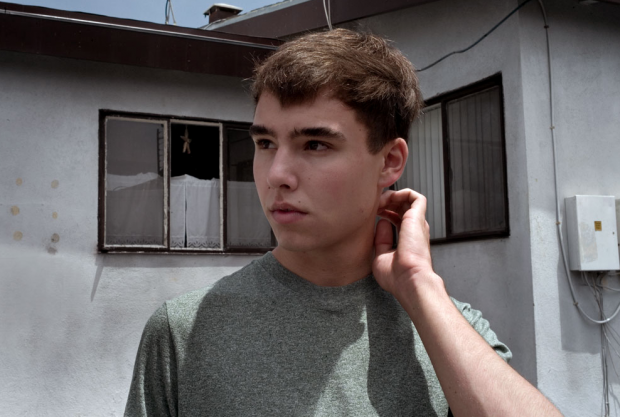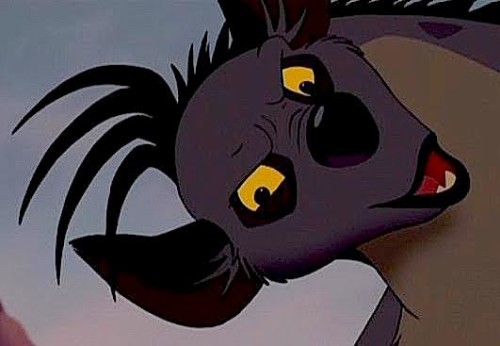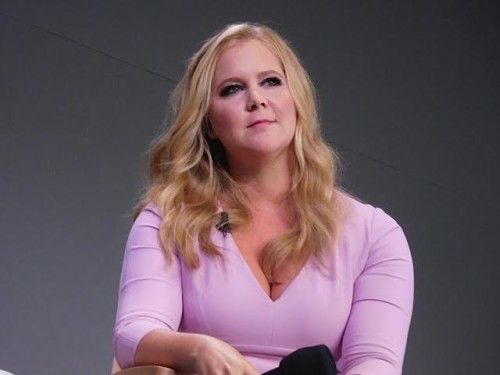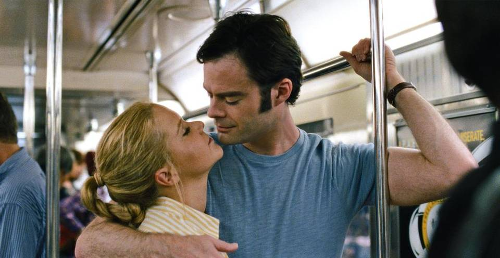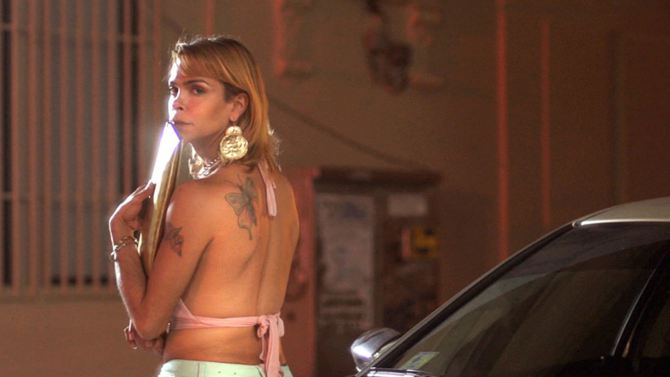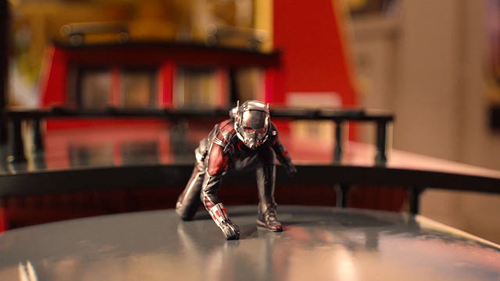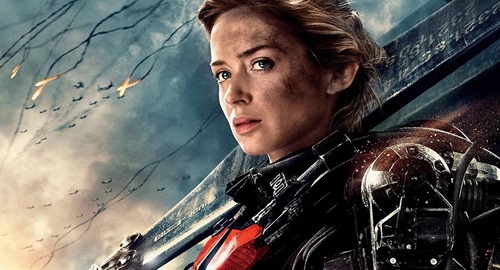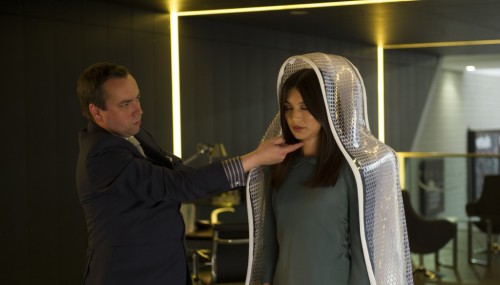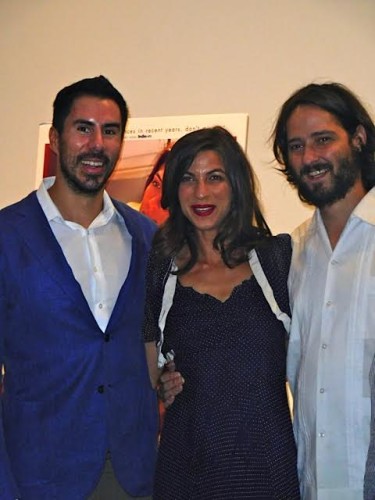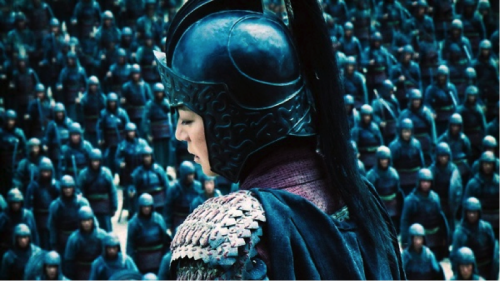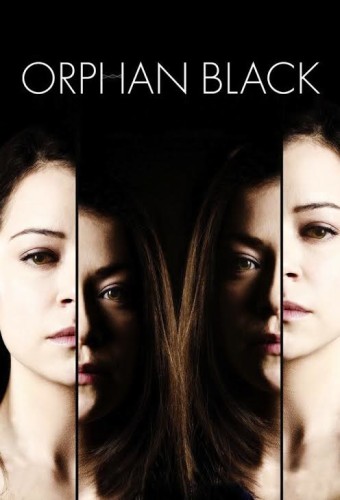
This is a guest post by Paula Schwartz.
“Don’t tell them I said this, but sometimes they’re smug at the Genius Bar,” Amy Schumer told the audience last week at the Apple Store in SoHo to talk about her new movie, Trainwreck, which she wrote and in which she stars. Directed by Judd Apatow, Schumer plays a young career woman who is commitment phobic because her father (Colin Quinn) told her and her sister as children that “monogamy is unrealistic.” Even more unusual for female leads in film, her character unapologetically likes sex.
“Hey guys, were you just in the neighborhood? Did you come here for this or what? On purpose? Okay, cool,” Schumer told the standing-room only crowd.
Trainwreck opened Friday and earned 10.7 million at the box office by the next day, another example of the fallacy that films with female leads can’t make money.
Following are highlights from Schumer’s raunchy and hilarious conversation at the Apple store.
On whether she always knew she was funny:
AS: I was always making people laugh, but I didn’t think it was a good thing. It kind of bugged me because it felt like they were making fun of me, but it was explained to me—I did a production of Sound of Music when I was five—as Gretel…
Every time I would come onstage, people would laugh, and I would cry. And the director was like, “No, it’s great if people laugh. That means they love you, and you made them happy,” and I was like, “Oh.” But yeah, people would laugh, and I embraced it. So my sister would dress up like princesses and like, characters that already existed. There was always one bite missing out of all the apples in our fridge, ‘cause she would be like Snow White, take a bite of it. We had a glass coffee table and she would lay under it until somebody like, came and kissed her. And I would just make up these like, strange Eastern European characters. I was like, “I’m Madame Levitschky, come see me and I’ll tell your fortune,” and I don’t even know where they came from.

Whether she’s the same in person as her character on her Comedy Central’s show Inside Amy Schumer:
AS: No, I’m not. I’m like Daniel Day-Lewis. I leave here, and I put on a top hat and I garden, and that’s me. That’s what I picture he does. Yeah, no. The difference is, I am a little bit of an introvert; I get overwhelmed in crowds and don’t get like, really wasted that often. I did this week, but it was because I was in Akron. (Trainwreck premiered last week in Akron, Ohio, the hometown of LeBron James who also appears in the film.) Like, what are you going to do there? Yeah, I don’t have sex very often. Hopefully that’s going to change. Can I just also say—somebody tried to hack me because they assume I have lots of naked photos, but joke’s on them because I have never put my face in them, and I haven’t taken them for like, ten years because I’m aging. They sent this detective guy over to my house this weekend to help me secure all my shit, and they knew him, they’re like, “We’re sending this guy over to you,” my business manager, and he got there, he buzzed, I didn’t even brush my teeth, and I rolled out of bed. He was so hot. Like, wouldn’t you give your friend a heads-up? You’re like, “Okay, just know that this guy coming to your house, is like, so hot. You’re going to want to at least brush your teeth. Just something! Just do something!”
How she and Judd Apatow came to make Trainwreck:
AS: The movie started because I met with Judd, and we kind of came armed with an idea just in case. We did a meeting and he was like, “Well, if you ever have an idea, the door’s open,” and I was like, “Well, I have an idea,” like, seize the day. I’m a lot like Christian Bale in Newsies. Um, I for some reason cannot do an interview without mentioning Newsies. I don’t know what it is. But, open the gates! No, that idea I wrote, it was a little broad.
Then he was like, “What’s going on with you right now?” And I was falling in love, so the story was happening. I wasn’t enjoying it. I was just scared. And you’re like, chemically altered when you’re falling in love. It’s not even fun; you feel sick. You feel sickened. And you’re just scared about what you’re going to find out about the other person or that they’ll catch you in a bad light, like in Clueless, “Did I stumble into some bad lighting?” So my references are very updated. I’m at the cutting edge about every movie. Remember that ice skating one? Chemistry! But um, then we made the movie! Next question! No, I wrote scenes. Scenes in no order, and then Judd and I would kind of—we would write out the beats. Oh, you see her in the office and talk to her dad. And I wrote a draft pretty quickly, in I think a little over a month. I’m just a psycho. I go under and do it.

She wanted to write a character who had a lot of sex and was not judged for it, which is not a thing we typically see in movies with women leads:
AS: I feel like with my standup, I’ve done this kind of [thing] where I’ll talk a lot about sex a lot, but just because it’s funny, not because I’m so much of it. I’ll always say—and I mean—I love the show Sex and the City like everyone else, but the character of Samantha, I didn’t experience her as the “fun one.” If my friend was behaving like that, I’d like, take her to the hospital, you know? And I don’t think, I’m not like, “You should be able to fuck as much as you want, and you love it!” I think that’s nuts. Yeah, it’s a self-destructive thing to do. I would say when I was a sophomore in college that was my behavior. I was in so much pain, and I had lost all of my self-esteem, and I was like, “I’m just going to not get attached to one guy and I was like, maybe I’ll be the girl that sleeps around.” I tried that, and it was horrible. Just like when you break up with someone and you’re younger, and you’re like, “I’m going to sleep with someone else,” you’re in so much more pain than you would’ve been in. But then there’s this other thing where—I’ve mostly been in long relationships, and in between them, I’ve slept with a person or two, and I like to tell stories about it onstage because something ridiculous or awful always happens. So just from a woman being onstage talking about sex, I’m saying things like—there’s a kid here. Do you want to maybe earmuffs this part? I’m just recommending that to you, I don’t know your parenting technique, but I say, like, I’ve had anal, no one’s ever come on my face, that’s true, but just saying those things and broaching those subjects, people are just like, “Oh, she’s the sex girl. She’s a whore, bet she’s down to fuck,” and it’s like, no, I just want to talk about it. And so I’m really proud of what we were able to do with this movie because I think you learn a lot about someone rather than just a snap judgment of like, “That girl’s slutty.” You’re like, “Oh, well this is where this is coming from, and this is what’s going on with her.” So I hope people leave it a little less ready to judge a woman who’s sexually active outside of wedlock or in order to conceive a child.
On shooting her first sex scene:
AS: Did you guys watch the show Delocated? Jon Glaser’s show? It was on Adult Swim. My first sex scene was with Eugene Mirman, and he was supposed to be losing his virginity to me. We were supposed to be wasted, and at the same time he’s having his first orgasm, he finds out that his dad died, so he’s kind of like, scream-crying and drooling and coming, and I’m under him. I was trying to make him comfortable because he was shy, and I was like, “Oh my god, don’t worry,” and whatever, and then I was like, “He’s comfortable,” and then when it—I was walking down the stairs at the end of the shoot day and I was like, “My acting teacher told us some days you’d just be playing the girl who gets fucked,” and then when I went to the premiere party for the episode, I’d been fully cut out. Like, you could tell that somebody was getting rammed, but you couldn’t tell that it was me. It was like, “Oh yeah, we’re on Adult Swim, we’re not allowed to show that.” And I was like, “Did you maybe think about not shooting that? Maybe a body pillow would’ve been cool?” But the sex scenes in Trainwreck were easier than that. Most of them.
Asked about all the prep work she must have done for Trainwreck:
AS: That sounds like I fucked a lot.

On keeping a balance in writing and acting in emotional scenes in the film that are also funny:
AS: There’s nothing that makes me personally feel more vulnerable than having a person that I’m attracted to and interested in in front of me, telling me they like me. Because feeling deserving of love has been a definite obstacle that I was going through when I was writing this movie. I go through it all the time. So there’s another scene where he says that he read some of my stuff, and you know, if somebody’s like, “I read your [work],” you’re just like, can I become a puddle on the floor? I was feeling really vulnerable in that scene, and especially, I went into that scene just thinking, I’m going to tell him that it’s over and he’ll be like, “Okay, cool!” He really threw me off my course. It was fun to be surprised by someone. You know, that’s rare.
How does she find the courage to be so damn funny?
AS: Um, just ignorance. Yeah, I don’t know. I think something’s wrong with me. I’ve always been an asshole.
She’s gotten into hot water for political or cultural reasons because of some of her jokes recently:
AS: I’ve gotten very famous lately, you guys. It’s very weird, it’s very new. And when that happens, you’re kind of treated like a politician, like little Ariana Grande, is like, publicly apologizing for eating a doughnut. But it’s like, all of a sudden, “Where do you stand on capital punishment?” You’re like, “What? I have a lower-back tattoo.” So when I started out, I was telling jokes that were racist, and I was really good at writing them, against everybody. Everybody got some. Part of my thing was to play kind of a really irreverent idiot, and that was a character. I was a character onstage all the time. Now I talk like myself a lot more. In my hour special, I was starting to be more of myself, but I still had some jokes in there; they were a little shocking, and it didn’t look like I was going to say stuff like that, and I got a good response from it. As I’ve been having more eyes and ears on me, I realize that I have more of a responsibility. Even like a musician gets bigger, like, little girls look up to you; you can’t be showing your asshole at an awards show. They’re like, “No, it’s not my fault they look up to me!” I’m like, okay, people are listening to me, and my words might hold weight for some people, so I’m not going to do that stuff anymore. I haven’t done jokes like that for a couple years. If I think of a great one, I’m going to say it to my friends. So I don’t regret any joke I’ve ever told; I don’t apologize for my jokes. They got me where I am today, and it was all very worth it. You know, I feel a little bit naive, and I feel silly. I kind of thought that I could maybe bypass that. I was like, “Can we maybe not do the thing where you guys burn me at the stake for some miscommunication? Can we not do that? I’m a comic.” And they were like, “No. This is how we do it.”

How she deals with the backlash:
AS: I was not surprised about that stuff, and I’m just going to do my best with it. I learned from my friends, who are successful comics and actors, not to answer back, not to address it. And I wish I could, because I love communicating. I love having an open door, and if someone asks me a question or if they’re offended by a joke, I’d just like to say, “What was it? Let’s talk about it.” But yeah, it’s just been explained to me that you can’t answer. So that’s like, a sad new thing.
While she has this public attention, she wants to talk about things that matter to her, especially progressive feminist ideas:
AS: I’m just going to try to use it for good. But nobody’s going to be perfect, you know, and it’s like, if I’m doing 90 minutes of jokes and everything’s funny and you’re laughing, and I say one that hits a little too close to home for you, of course you have a right to be offended by that one thing; you can feel however you want, but like, what about the rest of the time? Is that fair to say, “Well, I don’t like you now.” If you don’t like one song, do you stop listening to that musician? There’s just more pressure on comics now, but I’m just going to keep doing what I’m doing always and saying stuff that I think is funny. You know, just more and more it’s about injustice and things that I think are unfair. I also just like dumb jokes still, just stupid shit. Yeah, I’m handling it the best I can, and if some arbitrary fact, something happens, and I wind up having to take the fall for it, I feel like it’s totally out of my hands.
Paula Schwartz is a veteran journalist who worked at the New York Times for three decades. For five years she was the Baguette for the New York Times movie awards blog Carpetbaggers. Before that she worked on the New York Times night life column, Boldface, where she covered the celebrity beat. She endured a poke in the ribs by Elijah Wood’s publicist, was ejected from a party by Michael Douglas’s flak after he didn’t appreciate what she wrote, and endured numerous other indignities to get a story. More happily she interviewed major actors and directors–all of whom were good company and extremely kind–including Brad Pitt, Angelina Jolie, Morgan Freeman, Clint Eastwood, Christopher Plummer, Dustin Hoffman and the hammy pooch “Uggie” from The Artist. Her idea of heaven is watching at least three movies in a row with an appreciative audience that’s not texting. Her work has appeared in Moviemaker, more.com, showbiz411 and reelifewithjane.com.




